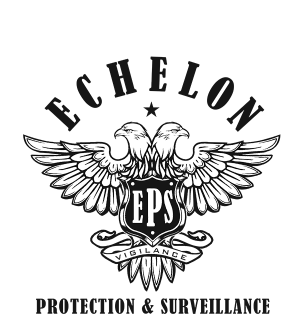
Here’s what we know about the incident, the man behind the title, and the implications for corporate security moving forward.
Overview of the Killing
On December 4, 2024, Brian Thompson, 50, was fatally shot outside the Hilton Midtown in Manhattan as he walked to an investor meeting hosted by UnitedHealthcare. Police described the attack as targeted, noting that the gunman had left behind shell casings with words such as “deny,” “defend,” and “depose,” hinting at grievances with the health insurance industry.
Despite Thompson’s position at the helm of the nation’s largest health insurer, he was unaccompanied by security at the time of the attack. A suspect, Luigi Mangione, has since been apprehended, and an ongoing investigation is being conducted. This high-profile killing has sparked debates about corporate accountability for executive protection.
Who Was the UnitedHealth CEO?
Brian Thompson served as the CEO of UnitedHealthcare, a division of UnitedHealth Group, and was a prominent figure in the healthcare insurance industry. Under his leadership, UnitedHealthcare managed billions of dollars in insurance benefits, making it one of the most significant players in the U.S. healthcare sector.
Thompson was not a household name, unlike some high-profile CEOs, but his role placed him at the center of contentious industry debates over healthcare costs and claim denials. Reports suggest that Thompson had received threats in the past, but he did not have a personal security detail, raising concerns about why adequate precautions were not in place for someone in his position.
Why Was There Not More Security?
Unlike some executives in controversial industries, Thompson had no dedicated security protection, a decision that now appears tragically shortsighted. UnitedHealth’s proxy filings revealed that the company does not routinely provide personal security for its executives despite their high visibility and potential exposure to risk.
Security experts have pointed out that corporate decisions around executive protection are often based on cost considerations and risk assessments. Some companies, such as Meta and Alphabet, spend millions annually on CEO security, while others, like UnitedHealth, opt for minimal measures. Thompson’s death has highlighted the vulnerabilities of this approach, particularly for leaders in sectors with deep public dissatisfaction.
What’s Happened in the Aftermath?
The killing has prompted widespread scrutiny of executive security policies across industries. Security firms report a surge in inquiries from corporations seeking to bolster protections for their leadership teams. High-profile sectors, such as healthcare, retail, and transportation, are re-evaluating their risk assessments and increasing security budgets.
For many companies, this tragedy serves as a wake-up call. Beyond implementing physical security measures, organizations are focusing on real-time monitoring, threat assessments, and 24/7 protection to protect executives. Some firms are introducing mandatory travel security and requiring executives to use secure transport and accommodations, particularly for public appearances.
Additionally, the healthcare industry is grappling with the reputational and operational impact of this event. Thompson’s murder underscores the risks faced by executives in contentious fields and the need for proactive safety measures to prevent similar tragedies.
Conclusion
The killing of Brian Thompson is a stark reminder of the evolving security challenges faced by today’s corporate leaders. It highlights the critical importance of comprehensive protection strategies beyond cost-cutting to prioritize safety and preparedness. At Echelon Protection & Surveillance, we understand the unique risks associated with high-profile roles and offer tailored security solutions to address these challenges.
Our services include advanced risk assessments, 24/7 physical security, secure transportation, and real-time monitoring to ensure the safety of executives and their families. The lessons from this tragedy are clear: effective security measures are not optional but essential for safeguarding lives and preserving organizational integrity. With the right approach, we can prevent such incidents and foster a safer environment for all.


